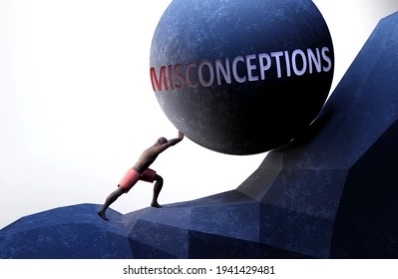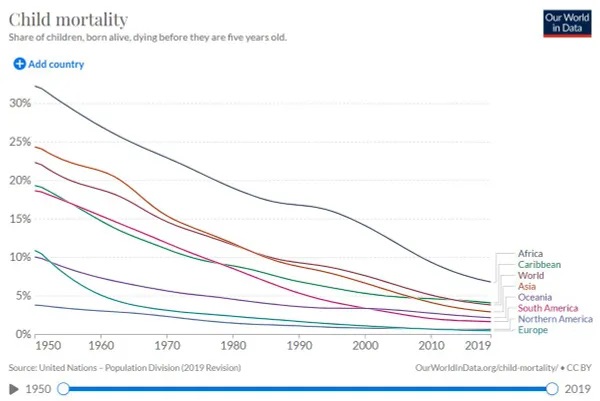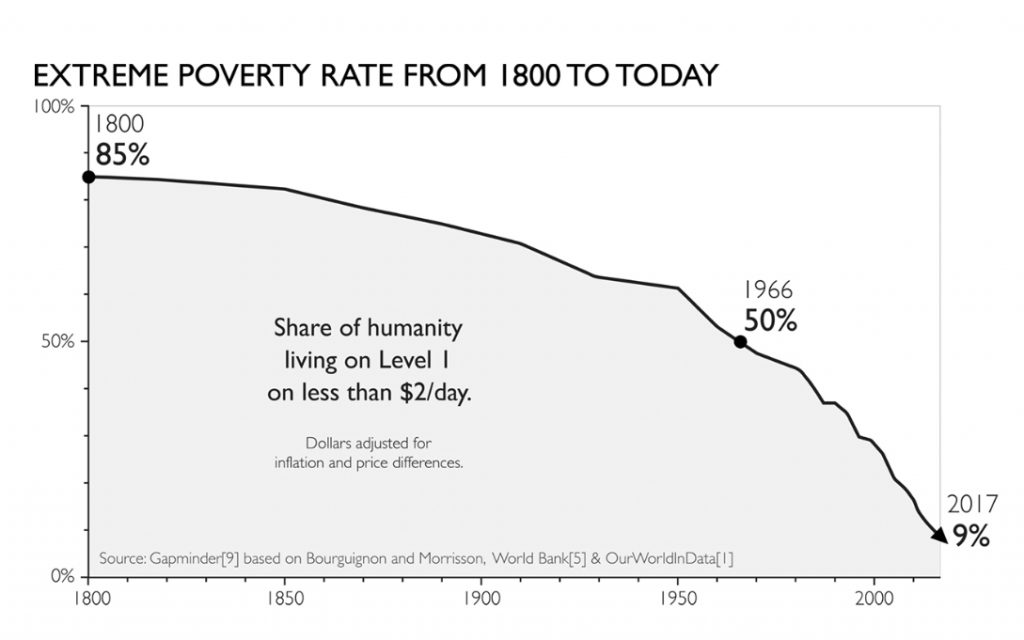
Thinking About God
Did you ever have one of those days where the whole idea of God was just too much to think about? As if trying to “get a handle” on God was like trying to kiss the moon? If the mystics are right (and usually they are because they see things much differently than we do) then you were probably closer that day to God than any other day in your life. How is this possible, you ask? How can God be close to you (or you to God) when God seems so far away or not at all? . . . This is my answer to you: God is a mystery of humble love. It is a mystery that you cannot reason or try to figure out. You must simply live in the mystery.
Richard Rohr
ultracrepidarian
A story is told of an artist named Apelles who was commissioned to paint Alexander the Great. A shoemaker, after observing that the number of laces on the sandals was incorrect, then proceeded to offer more suggestions, none of which evidently he knew much about. So a term has been created, an “ultracrepidarian,” who evokes a Latin line “shoemaker, nothing beyond the shoe.”
Social media, let’s be honest with ourselves, makes us all ultracrepidarians at times. We can give our opinions about anything and everything. And we can write about anything and everything. And if we know one thing (shoes) does not mean we don’t know politics even if we transfer our confidence from one to the other.
“Outrage often looks and sounds like strength but it is in reality weakness shrounded in aggression.”
“Gentleness is true strength.”
“Gentleness isn’t possible until our pride gives way to humility.”
Scot McKnight
Mystics
Mystics know and enjoy the connected core of reality that is hidden to those who do not desire it or search for it. All mystics know is that they are inside of an immense and wonderful secret, which seems to be hidden from or denied by (but not denied to!) most of the rest of us. Mystics look out from different eyes that see the grace in all things and the deep connection between all things.
Richard Rohr
Fewer?
“Enter through the narrow gate. For the gate is wide and the road broad that leads to destruction, and there are many who go through it. How narrow is the gate and difficult the road that leads to life, and few find it.”
Disappointments are due to our expectations not being met. So perhaps our despair over “the church” might be due to having too high of expectations for what passes as Christian. Perhaps we’ve been assuming that Christianity is widespread and common when, in fact, it is precious and rare. Perhaps we should hear the words “Christian” and “church” with a lot more skepticism. If Jesus is correct, there are only a few Christians in the world. And if that’s true, maybe the train wreck that is “the church” isn’t a disappointment but something quite expected.
Richard Beck
(This citation is from a series Beck is writing entitled “Despairing for the Church”. Check it out . HERE.)
Older adults today…
Until the early 1960s, young people acted older than their actual age. Now, older adults pretend to be younger than their actual age, which is perhaps one of the reasons why boomers are so easy to mock. In a recent article, Abigail Shrier quoted a physician and psychologist who had told her that“Fifty years ago, boys wanted to be men. But today, many American men want to be boys.”
An article in the Wall Street Journal reports:
Aging baby boomers are … struggling with a bunch of issues … One of the most vexing issues they face is deciding what they want to be called by their grandchildren, lest it make them sound—and feel—old … Ms. Wilkofsky has decided to be called Glamma, as in glamorous grandmother, a name suggested by one of her girlfriends. Her husband, Steven, a 58-year-old doctor, said he didn’t want a typical grandfatherly name, either, because “I still feel like I am 25.” So he chose to go by “Papa Doc.”
And this is from an article on the same topic from the New York Times:
However mightily my peers may pine for grandchildren and adore them when they arrive, some don’t want to acknowledge being old enough to be dubbed Grandpop or Granny. Such names conjure up gray hair and orthopedic shoes, along with a status our society may honor in the abstract but few boomers actually welcome.
The author and psychiatrist Iain McGilchrist has said:
In the old days young people went to university to learn from people who were perhaps three times their age and had read an enormous amount. But nowadays they go in order to tell those older people what they should be thinking and what they should be saying.
Other cultures figured out that older people are generally wiser. The more days you live, the more things you know. When you’re young you have beauty and when you’re old you have wisdom. Only this dumb country wants to posit wisdom and beauty in youth. Bill Maher

View from the front porch…
The Problem with Nouthetic (or “Biblical”) Counseling
..what’s the difference between counseling and therapy?
(from Scot McKnight)
Counseling is about working on issues in more of the short-term, whereas therapy focuses on the long-term addressing of deeper issues (and mental health disorders) that may be affecting the client.Still, regardless of whether we call it counseling or therapy, there is another term that needs to have light shed upon it: nouthetic counseling. This is sometimes referred to as biblical counseling. As the title of this post suggests, I believe there is a problem with this kind of counseling.
http://www.georgeezell.com/wp-content/uploads/2022/10/The-Problem-with-Nouthetic-or-Biblical-Counseling-The-Prodigal-Thought.pdf
Scot delves into a subject that has become more relevant for churches as post-pandemic as issues of mental health continue to emerge. I recommend reading the entire thought provoking article. Lots to think about.
STILL ON THE JOURNEY









